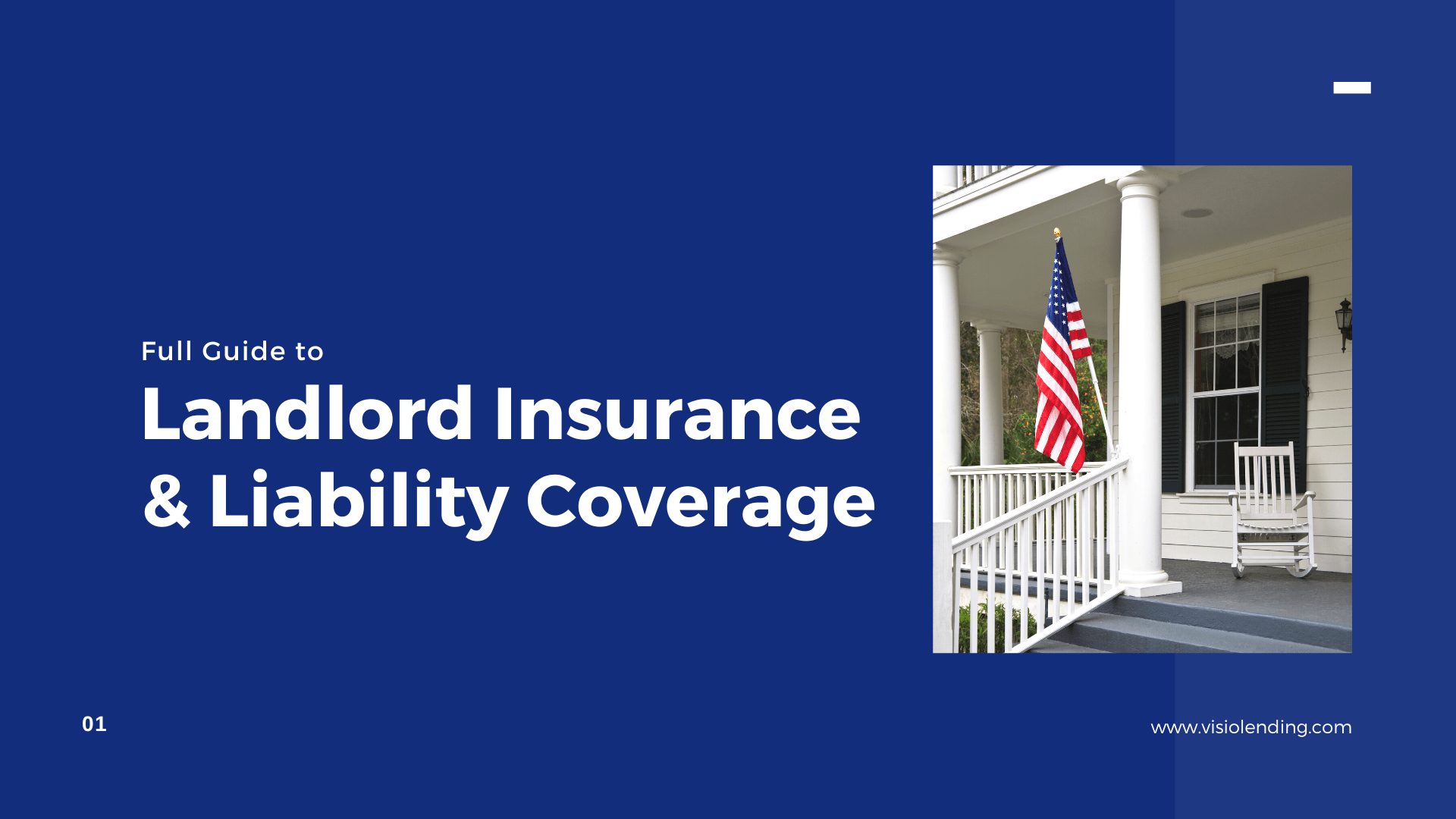Tenant liability insurance is worth it because it protects renters from financial responsibility for damages or injuries they may cause in their rented property. If an accident occurs, the policy covers the costs, saving tenants from potential lawsuits or out-of-pocket expenses.
With this coverage, tenants can have peace of mind and focus on enjoying their rental space without worrying about unexpected liabilities.
Understanding Tenant Liability Insurance
Tenant liability insurance provides protection against unexpected accidents or damage to the rented property that you may be liable for. It’s worth considering, as it can offer financial security and peace of mind in case of unforeseen events. It’s essential to assess your individual circumstances and budget to determine if this type of insurance is necessary for you.
What Is Tenant Liability Insurance?
Tenant Liability Insurance protects tenants against unintentional damage to a landlord’s property.
Importance Of Tenant Liability Insurance
Tenant Liability Insurance is crucial for tenants to avoid financial liability in property damage situations.

Credit: http://www.azibo.com
Coverage Details
When renting a property, it’s crucial to consider tenant liability insurance to protect yourself from unexpected financial burdens. This insurance provides coverage for various damages that you might be held responsible for during your tenancy. To help you better understand the scope and benefits of tenant liability insurance, let’s delve into some of the essential coverage details.
Types Of Damages Covered
Tenant liability insurance offers protection against a wide range of damages that you may inadvertently cause while living in a rental property. Here are some common types of damages usually covered by tenant liability insurance:
- Accidental damage to the landlord’s property, such as broken windows or damaged floors.
- Fire damage caused by negligence, such as forgetting to turn off the stove or leaving candles unattended.
- Water damage resulting from overflowing bathtubs or leaking pipes.
- Damage caused by your guests or their pets.
- Losses due to theft or vandalism.
- Legal expenses if the landlord sues you for damages.
Limits And Exclusions
While tenant liability insurance is invaluable for protecting against unforeseen damages, it is essential to be aware of its limits and exclusions. Each policy has specific coverage limits, which is the maximum amount that the insurance provider will pay for a claim. It’s crucial to review these limits and choose a policy that adequately covers your potential liabilities.
Additionally, tenant liability insurance often has exclusions, which are specific scenarios or circumstances not covered by the policy. Exclusions can vary from one insurance provider to another, so it’s crucial to read your policy carefully to understand these limitations. Common exclusions may include damage caused intentionally, normal wear and tear, and damages resulting from illegal activities.
Understanding the limits and exclusions of your tenant liability insurance policy is crucial to ensure that you have the appropriate coverage for potential damages. By comprehending these details, you can make an informed decision and protect yourself financially during your tenancy.
Legal Aspects
When it comes to renting a property, legal aspects play a crucial role in determining the responsibilities and liabilities of both tenants and landlords. Understanding the legal aspects of tenant liability insurance can help ensure that both parties are adequately protected in case of unforeseen events.
Liability Laws For Landlords
Landlords are legally obligated to provide a safe and habitable living environment for their tenants. This includes maintaining the property in good condition and addressing any potential hazards. Failure to adhere to these obligations can result in legal liability for the landlord in the event of an accident or injury on the premises.
Tenant’s Responsibility Vs. Landlord’s Protection
- Tenants are responsible for any damage they cause to the property or for any injuries that occur due to their negligence.
- Landlords need protection in the form of tenant liability insurance to safeguard against potential legal claims stemming from tenant-related incidents.
Financial Protection
Tenant liability insurance provides financial protection for renters in the event of damage or injury to the property. It can be worth it to have this insurance to safeguard against unexpected costs and legal liabilities, providing peace of mind and security for tenants.
Cost Vs. Risk Analysis
Tenant liability insurance offers crucial financial protection for both tenants and landlords. It covers the costs associated with damages resulting from the tenant’s negligence. Alternatively, the policy mitigates financial risks for the landlord in case the tenant is unable to cover the expenses. This insurance can provide peace of mind and financial security for both parties involved. Potential Cost SavingsPotential Cost Savings
Without tenant liability insurance, tenants might be personally liable for any damages caused. This can lead to significant out-of-pocket expenses, which can be financially burdensome. On the other hand, landlords may end up needing to cover the costs if the tenants are unable to do so. In this scenario, tenant liability insurance provides a cost-effective solution by offering financial protection for both parties. In the long run, it can lead to considerable cost savings for all involved.Risk Mitigation Strategies
When it comes to being a landlord, there are various factors that can expose you to risks and liabilities. However, with the right risk mitigation strategies in place, you can minimize these risks and protect yourself and your property. In this section, we will explore two key strategies that can help you mitigate risks: reducing landlord exposure and ensuring tenant compliance.
Reducing Landlord Exposure
Reducing your exposure as a landlord is crucial to protect yourself financially and legally. By implementing the following strategies, you can minimize the potential risks:
- Screen tenants thoroughly: Conduct comprehensive background checks and verify references to ensure you select reliable and trustworthy tenants.
- Regular property inspections: Periodically inspect your property to identify any maintenance issues or potential hazards. Promptly addressing these concerns can help prevent accidents and liability claims.
- Maintain proper documentation: Keep detailed records of all interactions with tenants, including lease agreements, repairs, and communication. These documents can serve as evidence in case of disputes.
- Secure appropriate insurance coverage: Having comprehensive landlord insurance can provide financial protection against property damage, legal liabilities, and loss of rental income.
Ensuring Tenant Compliance
When tenants comply with lease agreements and follow property rules, the overall risk of liabilities decreases. Here are some strategies to ensure tenant compliance:
- Clearly communicate expectations: Establish clear guidelines and rules through the lease agreement. Ensure that tenants understand their responsibilities and obligations.
- Regular communication: Maintain open lines of communication with your tenants. Promptly address any concerns, and remind them of their obligations regarding maintenance and safety.
- Perform regular property inspections: Periodic inspections can help identify any lease violations or unsafe conditions. Addressing these issues promptly can prevent further violations and potential liability.
- Enforce consequences: Clearly outline the consequences for lease violations in the lease agreement. Consistently enforce these consequences to deter non-compliance.
Claim Process
Claim Process: When it comes to tenant liability insurance, understanding the claim process is crucial for tenants. It involves filing claims and handling disputes.
Filing A Claim
- Report incident to insurer promptly.
- Fill out claim form with details.
- Provide supporting documents.
- Keep communication open with insurer.
Handling Disputes
- Submit evidence for review.
- Cooperate with the investigation.
- Seek mediation if needed.
- Review policy terms for clarity.
Comparing Insurance Options
Tenant Liability Insurance Vs. Property Insurance
Tenant Liability Insurance covers damages caused by a tenant’s negligence, while Property Insurance covers the physical structure of the property.
Benefits Of Comprehensive Coverage
Comprehensive Coverage provides all-encompassing protection against various risks, including property damage and liability issues.

Credit: http://www.visiolending.com
Conclusion And Recommendations
Tenant liability insurance provides crucial protection for renters, covering potential damages and liability claims. It offers peace of mind and financial security, making it a worthwhile investment for tenants.
Summary Of Benefits
If you’re a tenant, it’s a wise move to consider getting tenant liability insurance. This type of insurance offers numerous benefits that can protect you financially in case of unforeseen incidents. Firstly, tenant liability insurance provides coverage for damage caused by you or your guests to the rental property. This means that if you accidentally break a window or damage the flooring, the insurance will cover the cost of repairs. Additionally, tenant liability insurance can also cover your personal belongings in case of theft, fire, or other covered perils. This means that if your laptop gets stolen or your furniture is damaged due to a fire, the insurance will help you replace these items. Lastly, tenant liability insurance can provide coverage for legal fees and medical expenses in case someone gets injured on your rented property. This can save you from potential financial nightmares and give you peace of mind.Guidance For Landlords
As a landlord, it’s essential to be aware of the benefits of tenant liability insurance for your tenants. By encouraging your tenants to obtain this insurance, you are protecting yourself as well. If your tenants have liability insurance, it reduces the likelihood of potential legal battles between you and your tenants in case of property damage or injuries. Additionally, it ensures that your tenants can cover the costs of damages caused by them or their guests, saving you from dealing with repairs or replacements. By making tenant liability insurance a requirement, you are creating a safer and more secure environment for both parties involved.
Credit: inszoneinsurance.com
Frequently Asked Questions Of Is Tenant Liability Insurance Worth It
What Is Tenant Liability Insurance?
Tenant liability insurance provides financial protection to renters against damages they cause to the rental property. It covers accidental injuries, property damage, and legal fees, offering peace of mind and financial security. It’s a valuable safeguard for tenants.
Why Do I Need Tenant Liability Insurance?
Tenant liability insurance is essential for protecting yourself from potential liability and financial loss. It covers accidental damage to the property, injuries to visitors, and legal expenses, giving you peace of mind and financial security. It’s a small investment for significant protection.
How Much Does Tenant Liability Insurance Cost?
The cost of tenant liability insurance varies depending on the coverage amount and the insurance provider. Typically, it’s affordable, with monthly premiums ranging from $5 to $20. Considering the potential financial risks of being uninsured, it’s a worthwhile investment for tenants.
Conclusion
To conclude, tenant liability insurance provides crucial protection for both tenants and landlords against unexpected damages and potential legal liabilities. With its affordable premiums and wide coverage, it offers peace of mind and financial security. By ensuring that you are adequately covered, you can confidently focus on enjoying your rental experience without worrying about the unpredictable.
Don’t overlook the importance of this insurance, as it may prove to be a worthwhile investment in the long run.



Leave a comment